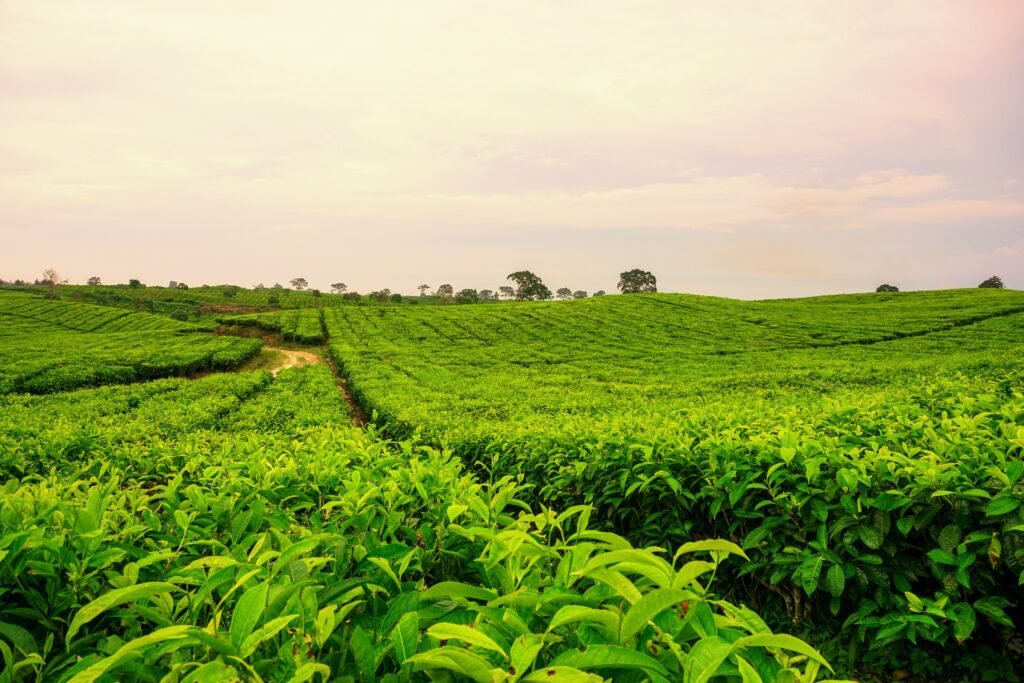With the rising number of the world population, the significant need for more jobs and opportunities are on the rise. But with modern technology, a lot of workers are being laid off for cost efficiency and productivity. Likewise, many new companies are also on the rise, creating a platform for job seekers to try their luck, but considering the number of candidate’s for such job openings, it is highly unlikely that everyone will be employed. And the lack of sufficient opportunities make people turn to other job opportunities outside of the government or major private sectors. Some unethical jobs include online jobs, owning small businesses or starting such small businesses, plantations, farming and much more. And Nagaland as of now has more unemployed people as compared to the number of jobs that we have. Although there are a few people who go for entrepreneurship and private opportunities, we still have a surplus of people who opt for government jobs. But one sector that can generate income and help the unemployed individuals and also help the economy in Nagaland is the farming sector. As a state located in the northeastern part of India, Nagaland has the perfect weather conditions, topography, and soil fertility for farming, and agriculture being one of the major economic sustenance in the state, majority of the population are engaged in farming. However, the state has room for more sustainable farming that will allow the state’s economy to flourish.
Farming in Nagaland is closely intertwined with the state’s rich cultural heritage, and many indigenous communities in Nagaland have a deep relationship with farming. Apart from traditional agricultural practices, farmers preserve local seeds and crop varieties ranging differently from tribe to tribe. This can also help promote cultural practices and traditions and also help promote a more sustainable approach to farming. Because the state is filled with mountains and valleys, it contributes to the variety of weather conditions that further helps create microclimates and conditions suitable for growing a lot of variety of crops. In addition to this, the soil in Nagaland ranges from alluvial soil along the valleys, to loamy soil in hilly areas allowing for more crops to be produced. Nagaland is also rich in agrobiodiversity and is home to a number of indigenous crops, which includes rice, millets, maize, pulses, oilseeds, fruits, and vegetables. These are all traditional crops that are well-adapted to the local environment and have the potential for commercial farming. And for such farming there is a need for sufficient water resources which are readily available in Nagaland in the form of rivers, streams and natural springs, ensuring a consistent water supply for agriculture throughout the year.
Due to the availability of natural resources and traditional farming practices in Nagaland, it has the potential for organic farming and the states pesticide-free agriculture practices provide a solid ground for organic farming, which is highly valued globally. But despite all such merit, there are certain challenges that should be addressed for sustainable farming in Nagaland. These include the limited access to modern farming techniques, poor infrastructure, market connections, and lack of skill developments among farmers. All these challenges can be countered by appropriate support in the form of investment and skill enhancement trainings.

Being a predominantly agrarian economy, Nagaland has the potential for a promising farming market. Agriculture in Nagaland plays a very vital role, employing a good portion of the Naga population and also contributing to the state’s economy. Some points to keep in mind when looking at farming as a job prospect are as follows:
- Nagaland with its hilly terrain and favourable climate conditions allow for a variety of crops to flourish, some of which include, rice, maize, millets, pulses, oilseeds, vegetables, fruits, and spices. All such crops allow for an immense agricultural potential which can also create employment opportunities.
- The government also prioritises agriculture and further assists the farmers with various initiatives and schemes to promote farming and also to enhance their skills and livelihood through financial assistance, skill training programs and technical support.
- The soil fertility of Nagaland allows for organic farming and with the rising demand of organic produce in and around the globe, it is highly likely that Nagaland has the potential for an organic market. And through such organic farming, Nagaland farmers can become part of the very few organic markets and obtain premium prices for their products and produce.
- Nagaland also houses a variety of flowers, spices and fruits and this can also become a profitable venture both inside and outside the state.
- Along with farming, farmers can use their produce for processing packaged foods which can be sold at high value for its organic nature and because farming in Nagaland is mostly done in traditional ways without the use of pesticides. Packaged foods may include, jams, pickles, juices, sauces and spices.
- With modernity on the rise, many lands are being used up to create more spaces for human accommodation, likewise increasing the demand and need for organic products, thus farmers in Nagaland can enter such markets if they get an organic certification for their produce. And this certificate can help them make their way into national and international markets allowing them to get access to premium prices and expand their consumer market.
- Apart from farming, Nagaland also has the potential for entrepreneurship and agribusiness. The likes of which include, seed production, nurseries, food processing units, and agricultural equipment’s.
- For a farmer to achieve success, it is a necessity to acquire the needed skills and knowledge for farming. By participating in skill training programs and workshops, it can enhance the farmers understanding of modern farming practices and the modern market as well.
Although farming has potential in Nagaland it is to be noted that like any other businesses and markets that comes with its drawbacks and challenges, farming in Nagaland has its own challenges. Such challenges include financial aid, underdeveloped infrastructure, fluctuations in market scenario, dependence on weather conditions. However, with proper planning, knowledge and support from the government or any relevant agencies, farming can grow exponentially in Nagaland and help create a market with more employment opportunities and in the same manner help the economy grow.
